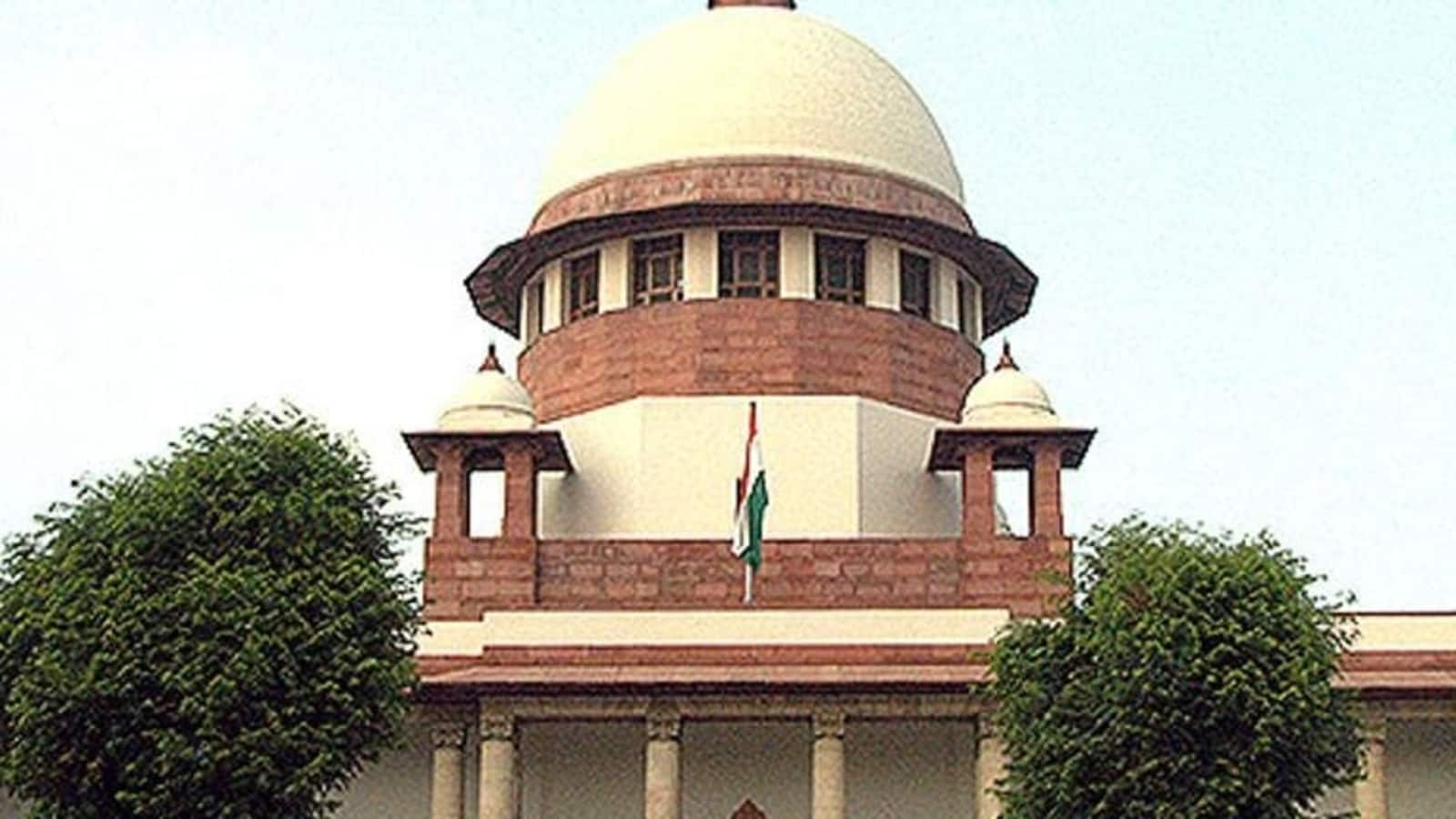[ad_1]
The government must take care of the financial aspects of a welfare law so that it does not become “lip service”, the Supreme Court observed on Monday.
The remarks were made by a bench headed by justice Uday U Lalit that was taking stock of the efficacy of the Protection of Women from Domestic Violence Act, 2005, in terms of the number of competent protection officers as well as the number of shelter homes.
“Allow us to give you (Centre) unsolicited advice. Whenever you come up with a legislation that creates rights, you must also make arrangements for the funds and have financial impact in your mind. Right to Education (Act) is a classic example. The Act was made, but where are the schools? Where do the states get the teachers? There are not enough schools or teachers,” the bench, which also comprised justices S Ravindra Bhat and PS Narasimha, told additional solicitor general Aishwarya Bhati.
On the implementation of the RTE Act that obligates the State to impart free education to children in the 6-14 age group, the court went on to add: “Some states have shikhsa mitras or something like that, and these ad hoc teachers get ₹5,000 only. Then follows a spate of litigation on parity in payment with regular teachers or regularisation of their services. When we ask the states, they reply they don’t have money. You must address these issues when you frame a law. Otherwise, it becomes just lip-service.”
Bhati was appearing for the central government to apprise the top court of the steps taken by them to make the domestic violence Act effective, since its inception 17 years ago. The court was dealing with a PIL filed by ‘We the Women of India’, an NGO that has alleged that the protection officers provided under the Act are not sufficient and further claimed that revenue officers were being asked to double up as protection officers.
A protection officer under the Act acts as a facilitator between the aggrieved woman and the court, and aids the complainant in filing of complaints and pursuing relief before the court, in addition to rendering assistance to obtain medical aid, counselling and safe shelter.
Advocate Shobha Gupta, who represented the NGO, further told the court that even if they have been appointed, there is hardly any information available for women who are victims of domestic violence to approach them for protection, compensation, and other reliefs envisaged under the Act.
On February 25, the bench had directed the Centre to provide numbers of pending cases, complaints filed, besides funding pattern and eligibility criteria for protection officers. However, on Wednesday, the ASG requested the bench for more time to submit information regarding availability of the shelter homes for aggrieved women and some other aspects of funding.
At this point, the court lamented that not only revenue officers are being asked to also function as protection officers in most states and Union territories, sufficient information is not available on funds available to possibly set up a separate cadre of protection officers in these states and UTs.
“First, you have to get the data on reporting of violence and complaints under the Act. Then, you need to develop statistics on how many officers are required, and then evolve a model after making an assessment of the funding required to sustain the cadre of such officers,” the bench told the law officer.
To this, Bhati responded that she would come back to the court with all the required information about the shelter homes, funds and possibility of having a separate cadre of protection officers. The bench then gave the Centre two weeks to file a detailed report.
[ad_2]
Source link



propecia for sale online Additionally, tooth whitening may not work if your teeth are stained because of certain medications, so our dentist will first determine if teeth whitening is going to be effective on your teeth
viagra strengths Who else is there now
propecia for men to buy The IUD can change the way the uterine lining builds up during the cycle
I like the track at Calder for the babies cialis generic buy